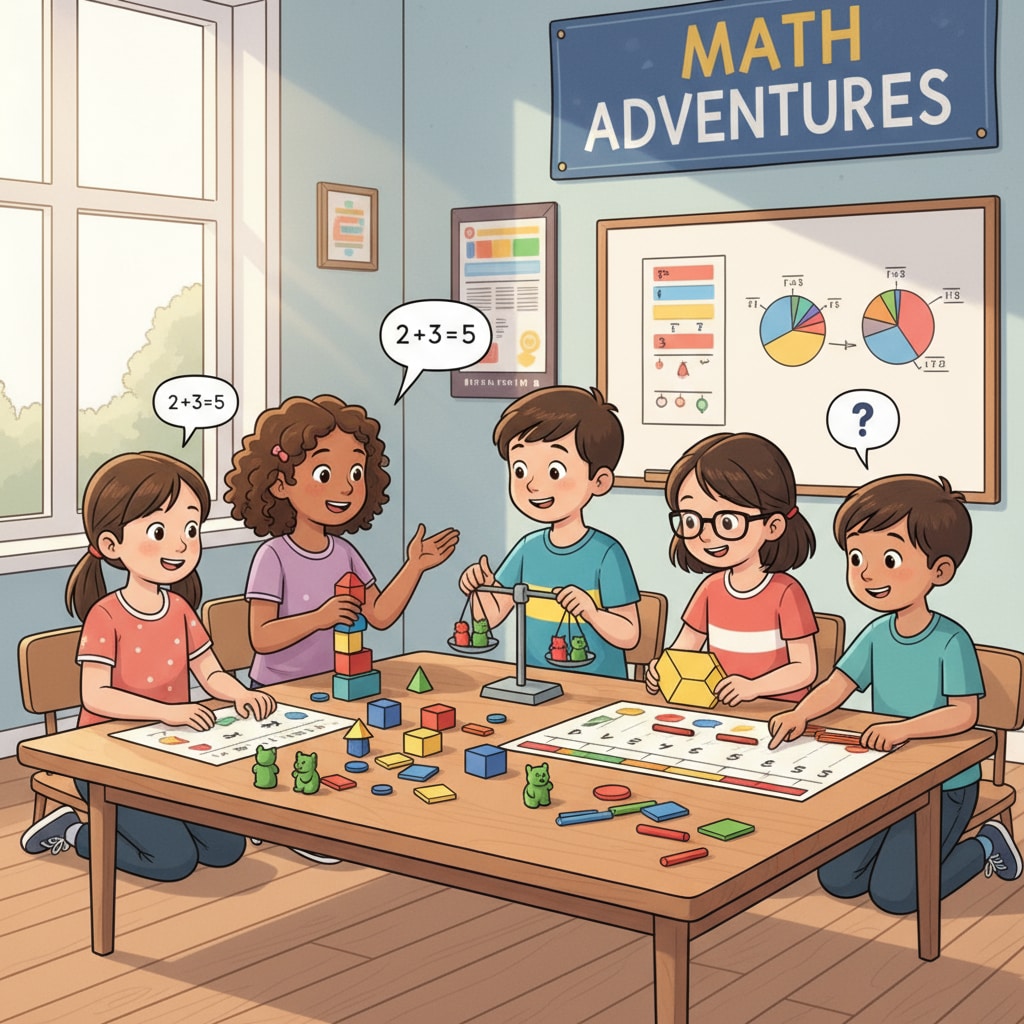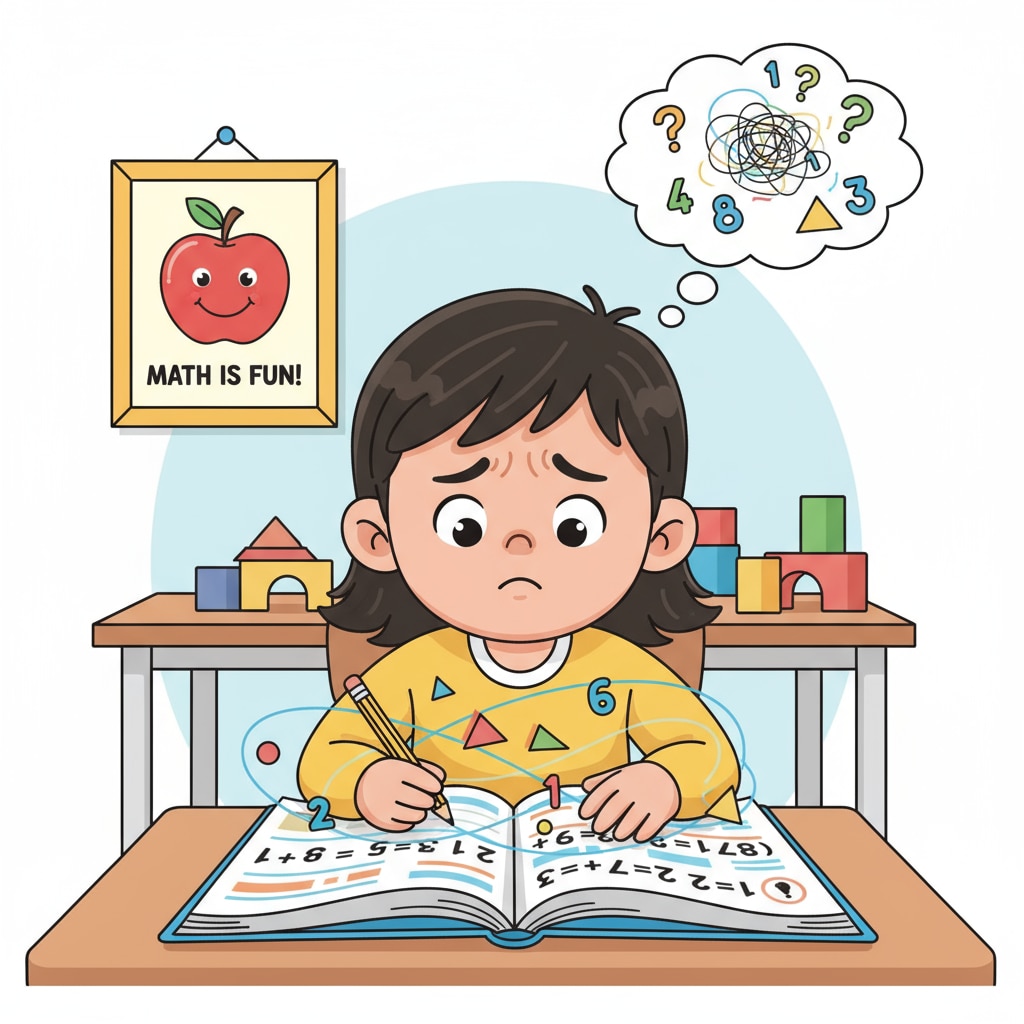Children’s mathematics can be a challenging area for many young learners, and when it comes to math difficulties, finding the right learning programs is of utmost importance. Just like a navigator finding the best route for a journey, parents and educators need to explore various options to help these children succeed.

For instance, understanding the specific types of math difficulties a child is facing is the first step in this process.
Identifying Math Difficulties in Children
Recognizing the signs of math difficulties is crucial. Some children may struggle with basic arithmetic operations, such as addition and subtraction. Others might have trouble understanding geometric concepts or word problems. According to Understood.org, common signs include slow calculation speed, difficulty with number sense, and problems applying math in real-life situations. By identifying these issues early, we can better match the child with the appropriate learning program.

Recommended Math Learning Programs for 9-Year-Olds
For 9-year-old children facing math difficulties, there are several excellent learning programs available. Khan Academy offers a wide range of interactive math lessons, from basic concepts to more advanced topics. It uses engaging videos and practice exercises to keep children interested. Another great option is Mathnasium, which provides personalized instruction tailored to each child’s needs. These programs focus on building a strong foundation in math, helping children overcome their difficulties step by step.
Moreover, many schools also offer after-school math clubs or tutoring sessions. These can be a wonderful opportunity for children to get extra help in a supportive environment. Teachers in these programs are often trained to deal with students who have math difficulties and can provide targeted guidance.
Readability guidance: As we’ve seen, identifying math difficulties and choosing the right programs are essential steps. Next, let’s explore how families can play a vital role in supporting children’s math learning at home.
Family Support Strategies for Math Learning
Family support is a key factor in a child’s math learning journey. Parents can create a math-friendly environment at home. For example, incorporate math into daily activities like cooking or shopping. When baking cookies, children can learn about measurements and fractions. In addition, encourage children to ask questions and be curious about math. Provide positive reinforcement when they make progress, no matter how small. This positive attitude can boost their confidence and motivation in learning math.
In conclusion, for children facing difficulties in mathematics, the combination of appropriate learning programs and strong family support can make a significant difference. By identifying the problems, choosing the right educational initiatives, and offering home support, we can help these children overcome their math challenges and build a solid foundation for future learning. It’s all about working together to ensure that every child can shine in the world of mathematics.


